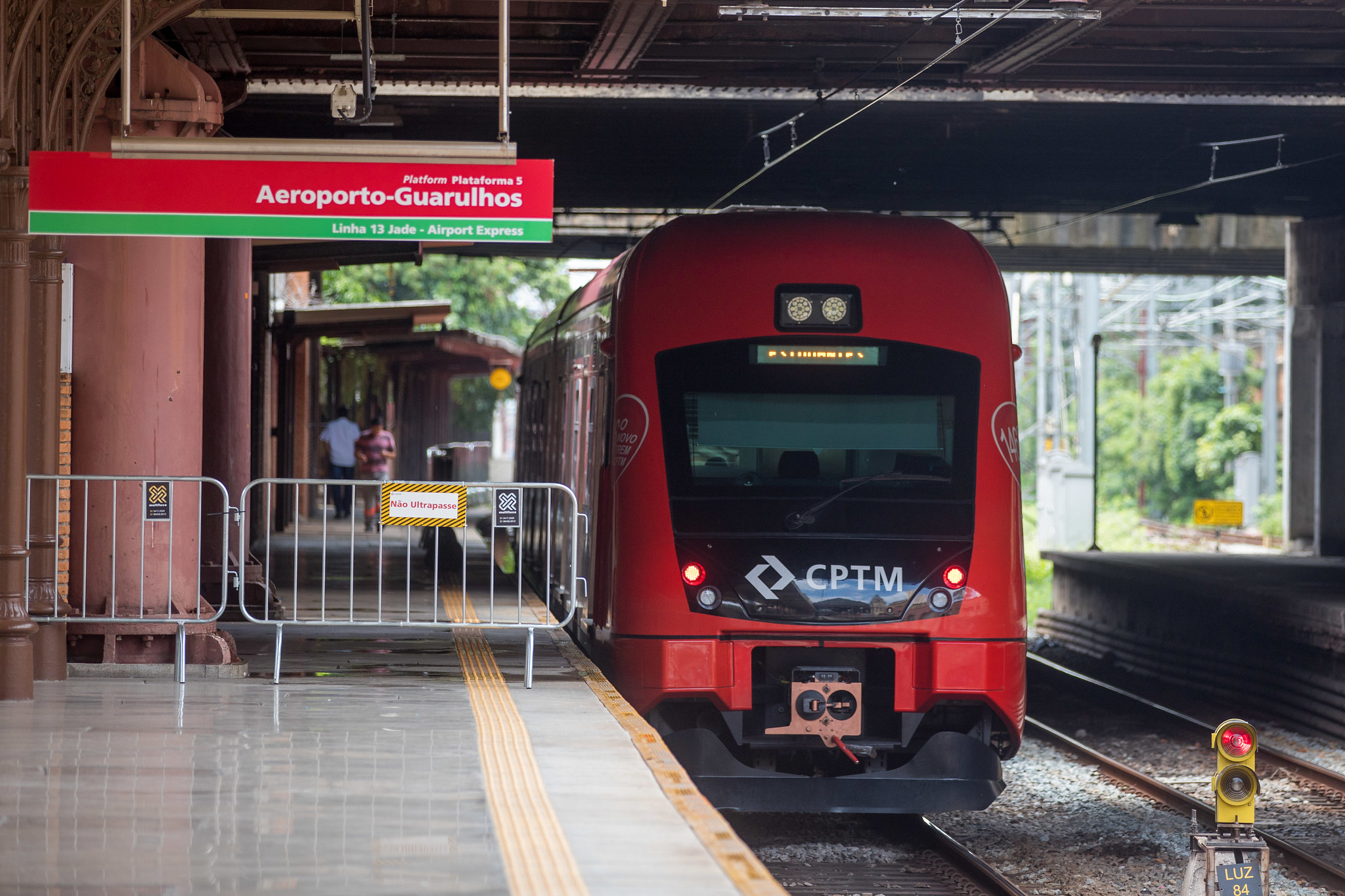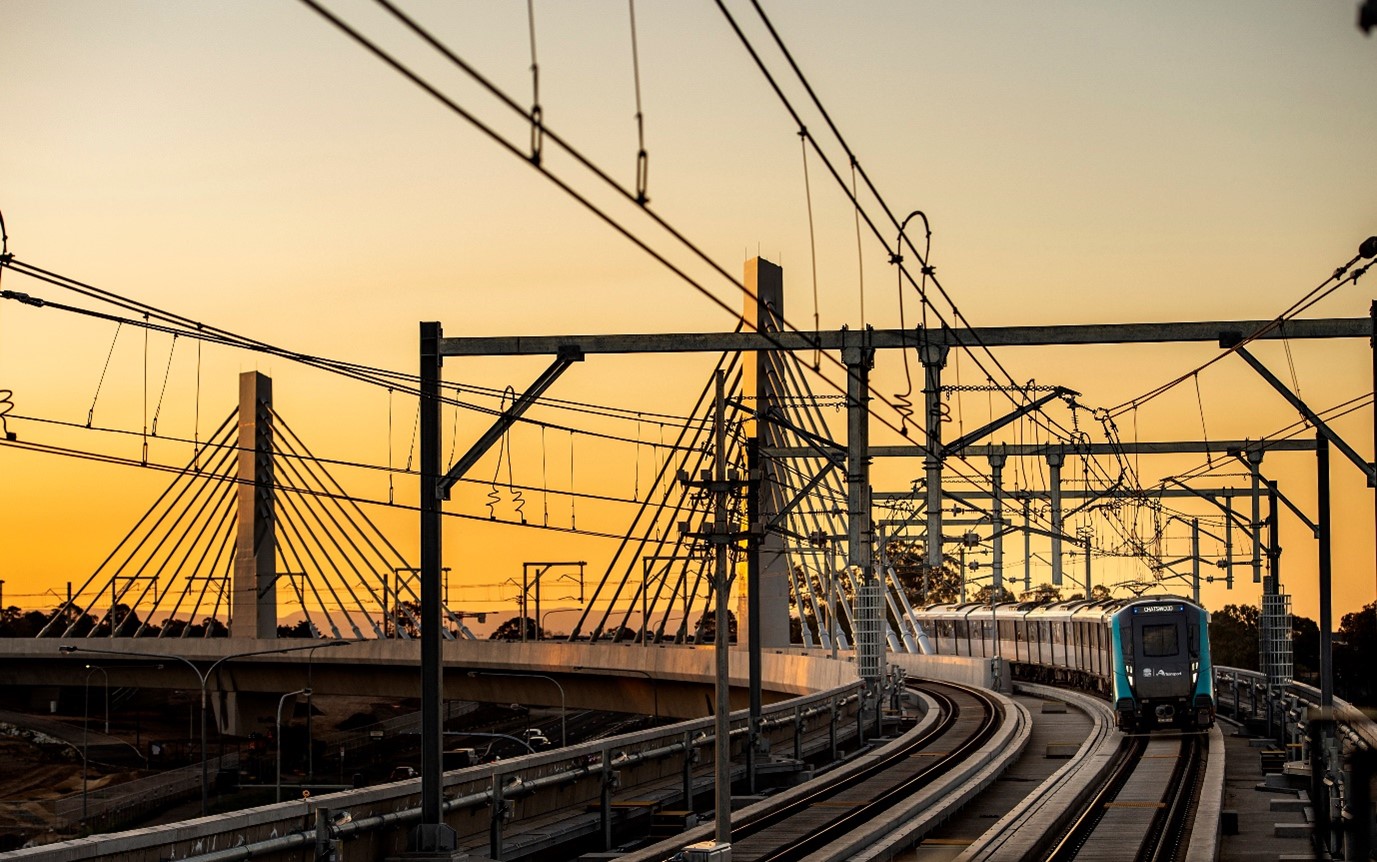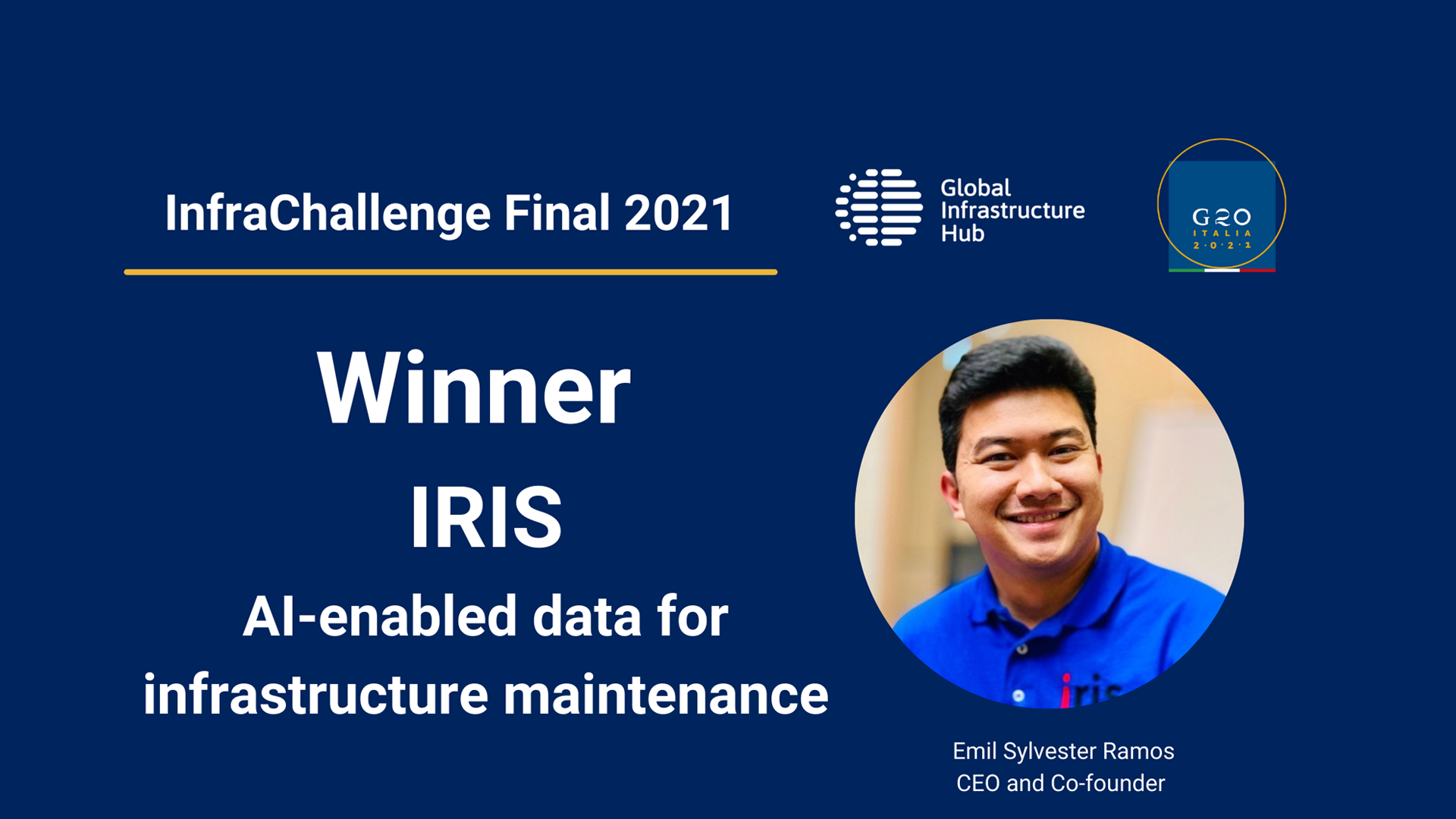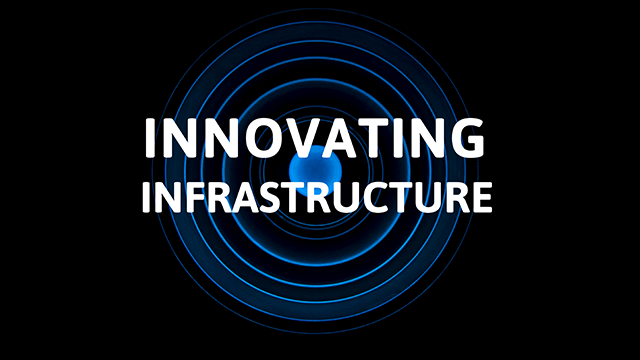746 results found
Featured results



More results
Cities are at the forefront of the pandemic crisis and are key players in the fight to achieve net-zero emissions targets. The recovery choices they make today will set urban agendas for years to come.
Cities are at the forefront of the pandemic crisis and are key players in the fight to achieve net-zero emissions targets, but they lack funding for essential services and infrastructure. Examples from recent projects demonstrate ways to increase support from private investors.
The G20 Finance Ministers and Central Bank Governors (FMCBG) gathered for their fourth official meeting under the Italian G20 Presidency on 13 October 2021. Today, the results of the discussion were shared in the official Communiqué of the meeting and the Fourth Progress Report on the G20 Action Plan.
A new GI Hub initiative, launching in November 2021, tracks the amount of infrastructure as a stimulus announced by G20 governments and presents data insights that will help governments, investors, multilateral development banks, and project directors achieve transformative outcomes from infrastructure in the post-COVID-19 recovery.
Pre-COVID-19, two Sao Paulo metro lines carried 1 million passengers daily. A demand sharing mechanism encouraged private sector investment in the concession contract.
Coastline traffic in the State of São Paulo, Brazil, has overwhelmed road capacity. Three highway concession contracts were introduced, using a demand risk sharing mechanism and dynamic user fee model to attract private sector participation.
Watch the GI Hub and International Finance Corporation (IFC) webinar ‘Green recovery for cities: What role can the private sector play’, the second in the series 'New Deals: Funding solutions for the future of infrastructure'. The discussion explored green recovery solutions and highlighted lessons learnt from two projects.
Join the GI Hub and IFC for Session 3 in the webinar series 'New Deals: Funding solutions for the future of infrastructure'. This session will include an expert panel discussion of innovations for de-risking greenfield investment.
Despite abundant surface freshwater, only 84% of Brazil’s people have access to potable water, and only 50% have access to sewerage. Insufficient public funds and limited use of private capital have resulted in limited progress in improving access to water and sanitation. The Corsan Water Supply, Efficiency, and Resilience Project is leveraging private financing to address losses in water distribution and mitigate climate change risks.
How can we drive infrastructure delivery reforms? Join GI Hub and Jacobs on 26 October for the launch webinar of our newest initiative, Improving Delivery Models.
The recording is now available for the GI Hub and Italian G20 Presidency’s InfraChallenge 2021 Final which was held over two-days on 15 and 16 September 2021
What role can the private sector play in a green transition? How is green financing implemented, and what are the current green financing trends? These are a few of the key questions that will be explored in this GI Hub and IFC webinar.
This new technology is particularly relevant for boilers, air conditioning, solar power, and lighting infrastructure.
Small- and medium-sized enterprises (SMEs) may benefit greatly from the energy cost savings that result from the installation of new, more efficient technology.
Colombia’s 4G infrastructure program calls for increased public-private partnerships.
It is estimated that Columbia requires USD139 billion invested into its road system to meet infrastructure needs by 2035.
The Monterrey-Nuevo Laredo highway is an important transit route for trucks and cars in Mexico’s north-east that are looking to enter the United States through Texas
AI-enabled cameras detect road hazards in real time, enabling faster and securer maintenance for safer roads. Winning InfraChallenge will assist Canadian start-up IRIS to scale globally and reach emerging countries.
This GI Hub and IFC webinar discussed approaches to attracting institutional investors and mobilising capital markets, highlighting solutions and lessons learnt from two recent projects.
With a USD3.7 trillion global infrastructure investment need that continues to widen, and government debt levels substantially higher than they were after the global financial crisis, recent infrastructure bond issuances offer valuable lessons.
The GI Hub today launches a shorthand cost-benefit analysis tool for analysing the environmental, social, and economic (ESE) benefits of bus transport projects.
Innovating Infrastructure is a new podcast from the GI Hub that showcases new and emerging technology-based solutions to infrastructure challenges. Hosted by GI Hub’s Director of Thought Leadership, Monica Bennett the ten-part series delves deep into these solutions to find out how they will create impact towards a more resilient future.
Join the GI Hub and G20 Italian Presidency for the two-day InfraChallenge 2021 final, featuring sessions with expert guest speakers exploring technological innovations and their role in creating resilient infrastructure, and the final of the InfraChallenge competition with live announcement of the 2021 winner.




 Innovative Funding and Financing
Innovative Funding and Financing

















